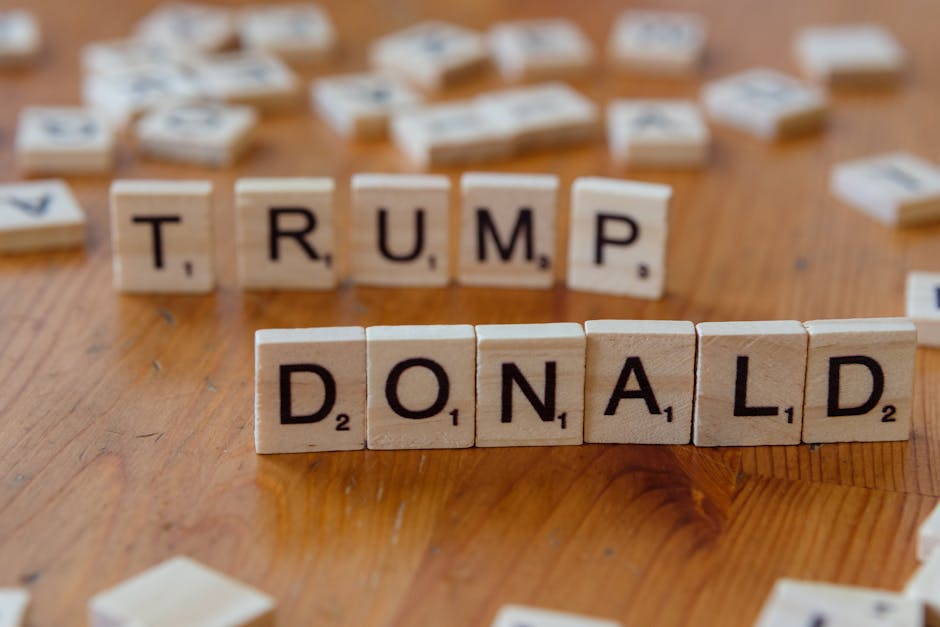Trump’s Renewed “Rigged” Election Allegation
In a political climate crackling with tension, former US President Donald Trump has rekindled a familiar storm, lobbing a bombshell accusation that the election process in California was fundamentally “rigged.” The statement, delivered with his signature bravado, immediately sent ripples through the American political landscape. For years, Trump has cultivated a narrative of widespread voter fraud, and his claim that California’s elections are “rigged” is the latest chapter in this ongoing saga aimed at casting doubt on the integrity of the democratic process.
White House Offers No Supporting Evidence
When the spotlight turned to the White House for substantiation, however, the response was a conspicuous silence. When pressed by the press corps to provide concrete evidence backing the former President’s explosive statement, White House officials demurred. Instead of presenting documents, data, or specific instances of large-scale fraud, the response was a pivot to broader, vaguer concerns about “election integrity.” This failure to produce a smoking gun, or any tangible proof, has amplified criticism that the “rigged” election narrative is a tool of political rhetoric rather than a reflection of reality.
California Officials Refute Claims, Cite Security Measures
California officials have swiftly and forcefully refuted the allegations. The Secretary of State’s office has consistently highlighted the robust security measures in place, including signature verification for mail-in ballots, post-election audits, and a paper trail for every vote cast. They argue that these systems are designed to prevent the very kind of widespread fraud Trump alleges. Independent fact-checkers and numerous court rulings since the 2020 election have overwhelmingly concurred, finding no evidence of systemic rigging that could have altered election outcomes.
The Political Strategy Behind the Unproven Claim
So, what is the endgame? Analysts suggest this strategy serves multiple purposes. Firstly, it energizes his core base of supporters, reinforcing a sense of grievance and mistrust in established institutions. Secondly, it preemptively sows doubt about the legitimacy of future election results, potentially providing a ready-made explanation for any potential losses.
The core of the issue, however, remains the stark disconnect between the severity of the accusation and the void of evidence. To declare an election in a state of nearly 40 million people “rigged” is to attack the very foundation of its governance. Without proof, such statements risk corroding public trust not just in California, but in the electoral system nationwide. As the political drama unfolds, the burden of proof lies squarely on the accuser. For now, the White House’s inability to substantiate Trump’s claim leaves his statement built on a foundation of sand.




